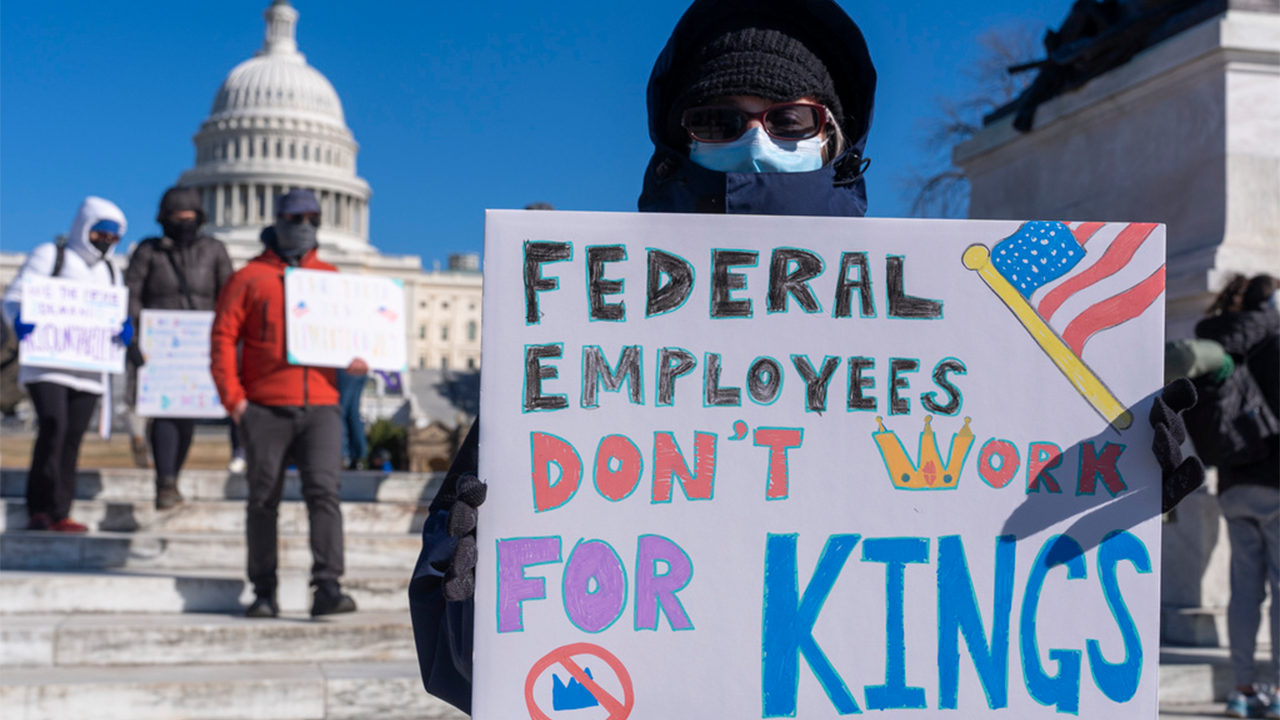The so-called Schengen area is the world’s largest free traffic zone. It covers 26 countries – 22 EU states plus Iceland, Liechtenstein, Norway and Switzerland. Almost 1.7 million people live in one Schengen country and work in another. Around 3.5 million people cross an internal border every day.
But full accession for the newest EU members – Bulgaria and Romania joined the bloc in 2007, Croatia in 2013 – requires the unanimous support of their partners, and objections were still being raised on the eve of a meeting of interior ministers in Brussels to consider their cases .
The three countries already partially comply with the Schengen framework, but internal border controls have yet to be lifted. The raid has long stemmed from concerns by the trio’s partners about the reach of organized crime, illegal migration and other security concerns.
Last month, the EU’s executive, the European Commission, decided that all three candidate countries meet the technical accession criteria, and the European Parliament also voted in favor of their membership.
“The Schengen expansion makes us stronger, not weaker,” Commission Vice-President Margaritis Schinas said as EU interior ministers met to discuss the move. “Expanding Schengen means more and better controls, not fewer.”
“I hope common sense and openness will prevail,” he added.
Croatia’s bid had received no significant opposition from its EU partners. However, Austria seems almost certain to veto the Bulgarian and Romanian immigration proposals as more and more people cross the borders without permits via the Balkan region.
Austrian Interior Minister Gerhard Karner reiterated his country’s firm opposition to the expansion of the Schengen area, noting that more than 100,000 people have entered Austria without authorization this year.
“The system isn’t working right now,” he told reporters.
Austrian officials fear the abolition of internal border controls could make Bulgaria and Romania thoroughfares for asylum seekers. Right-wing parliamentarians from the Sweden Democrats have spoken out against membership for the three hopeful countries with similar concerns.
Romanian Prime Minister Nicolae Ciuca said on Wednesday his government had had “high-level meetings” with Austria to try to address the concerns, noting that the data shows “Romania has no migratory flows that would raise fears “.
“Illegal migration is politically very sensitive in many member states…but blocking Romania’s Schengen entry will not bring the answers Austria wants,” he told a news conference, adding that “the current state of insecurity cannot continue.” .
Dutch Prime Minister Mark Rutte also caused a furore last week when he claimed that Bulgarian border guards could accept bribes. The Dutch parliament also needs to get involved, meaning Bulgaria is more likely to join later than the other two candidates.
Bulgarian President Rumen Radev hit back, writing on Facebook that three Bulgarian border guards had been killed protecting the bloc’s external borders in recent months. “Instead of European solidarity,” said Radev, “Bulgaria is reaping cynicism.”
To allay their partners’ concerns, Bulgaria and Romania have twice invited EU fact-finding missions with national experts in recent months to see how things have improved.
Hungary too seems poised to delay its accession, as has been the case in recent months on several EU issues that required unanimity, largely due to objections from the right-wing government that it has access to European pandemic recovery funds because of it Corruption concerns is halted .
The Schengen rulebook allows free movement of more than 400 million European citizens and businesses, but nations can, and some routinely, impose temporary controls due to internal national security threats.
Observers have warned that an EU rejection of the three nations at a time when unity and security are crucial amid Russia’s war in Ukraine could lead to divisions within the bloc. An extension of the passport-free travel area would also bring economic benefits to other member countries.
McGrath reported from Sighisoara, Romania.





